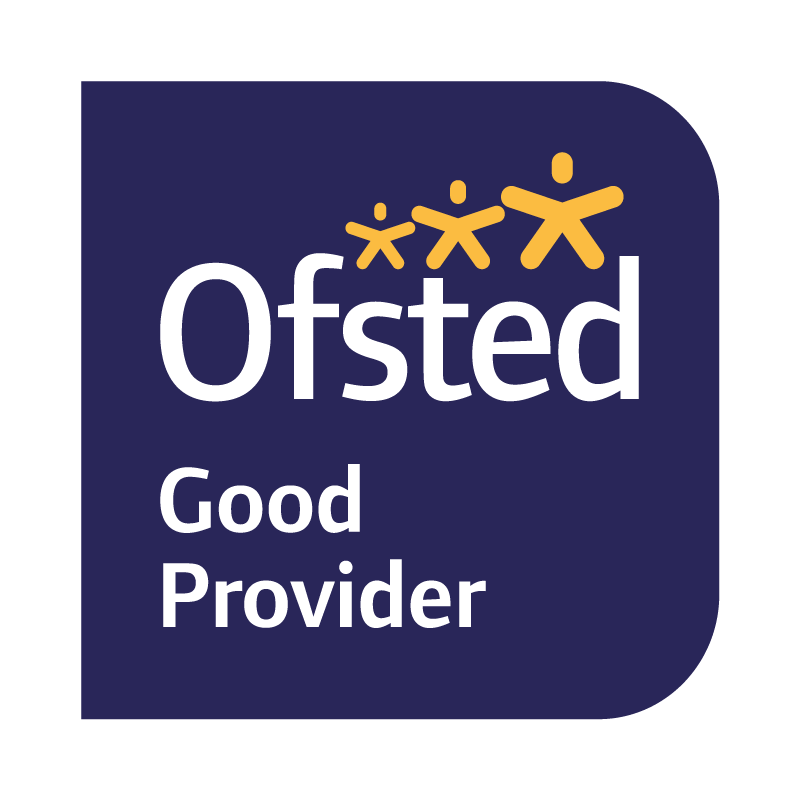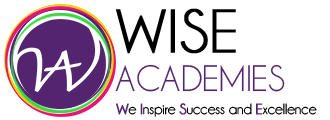At the heart of the mathematics curriculum is a drive for every child to gain a sound understanding of basic number skills. Each day children spend at least twenty minutes focusing on this area. Detailed progress drives for all areas of number show how mathematical concepts progress from the simple to the more complex. Each child is assessed against these and gaps in learning form the basis of intensive intervention so that crucial understanding is not missed. Children are also taught the skills and knowledge associated with all other mathematical attainment targets. These, as well as all areas of number, are then applied across the curriculum in the context of the topic.
A clear calculation policy ensures that children understand methods of computation and formal methods are taught as soon as children are ready. New concepts are first explored in the concrete, which lead to the visual and then to the abstract. By adhering to this methodology, children develop a secure understanding.
Children are supported in their learning by a mathematically rich learning environment and wide range of resources. These are used on a daily basis and ensure that all children demonstrate their understanding and the teacher assesses learning accurately.
The school follows the Mathematics Curriculum as described in the National Curriculum 2014.
Aims:
The National Curriculum for mathematics aims to ensure that all pupils:
- become fluent in the fundamentals of mathematics, including through varied and frequent practice with increasingly complex problems over time, so that pupils have conceptual understanding and are able to recall and apply their knowledge rapidly and accurately to problems
- reason mathematically by following a line of enquiry, conjecturing relationships and generalisations, and developing an argument, justification or proof using mathematical language
- can solve problems by applying their mathematics to a variety of routine and non-routine problems with increasing sophistication, including breaking down problems into a series of simpler steps and persevering in seeking solutions.
Essential Characteristics
- An understanding of the important concepts and an ability to make connections within mathematics.
- A broad range of skills in using and applying mathematics.
- Fluent knowledge and recall of number facts and the number system.
- The ability to show initiative in solving problems in a wide range of contexts, including the new and the unusual.
- The ability to think independently and to persevere when faced with challenges, showing a confidence of success.
- The ability to embrace the value of learning from mistakes and false starts.
- The ability to reason, generalize and make sense of solutions.
- Fluency in performing written and mental calculations and mathematical techniques.
- A wide range of mathematical vocabulary.
- A commitment to and passion for the subject.
Essential Learning Objectives
- To know and use numbers
- To add and subtract
- To multiply and divide
- To use fractions
- To understand the properties of shapes
- To describe position, direction and movement
- To use measures
- To use statistics
- To use algebra
Essential Opportunities
| Key Stage 1 | Key Stage 2 |
|
|



